9th International Forum
School of Civic Education
ABOUT THE FORUM
In search of lost universalism is a major civic Forum which starts from the presumption that there are many cultures – but one civilisation based on human rights, freedom, the rule of law and democracy. That civilisation needs to be constantly refreshed by conscious action and projects.
After the devastation caused by the Second World War, important new international organizations were founded, including the United Nations, the Council of Europe, the European Court of Human Rights, the World Council of Churches, the World Bank, the International Monetary Fund, etc. A universal perception of justice emerged, reflected in key international documents such as the Universal Declaration of Human Rights, the European Social Charter, and the European Convention on Human Rights.
Citizens in Europe and around the world were empowered by this universal energy and the civic spirit became embodied in the 1955 Russell-Einstein Manifesto, which laid the foundation in 1957 for the Pugwash movement. The Pugwash Conference on Science and World Affairs is still active today as a forum for scientists working for peace. The Manifesto also led to the Non-Aligned Movement (1961) and to the formation in 1968 of the Club of Rome, also concerned with global problems. The same ethos underpins the Helsinki Final Act at the Conference on Security and Cooperation in Europe (1975), the signing of the Maastricht Treaty (1992), and the establishment of the Council of Europe's Commissioner for Human Rights in 1999.
The same spirit is behind the civic Forum In search of lost universalism. Organised by the Council of Europe at the initiative of the founders of the Moscow School of Political Studies, Lena Nemirovskaya and Yury Senokossov, the Forum is supported by important European institutions and think tanks.
The Forum brings together leading cultural figures, experts, representatives of European think tanks, and international journalists to address key democratic challenges facing Europe today and suggest ways to promote solidarity among young people to combat the current crisis.
The Forum marks the beginning of a mission: to spread the ideals of civic society, the practice of discussing and teaching them, and to promote what Jean Monnet called “a civilized state of mind”.
The Forum is designed to rejuvenate the spirit of global civics and to support global civic education.
We invite you to be part of that project.
| 9.00 - 10.00 | Forum Opening: |
| Lena Nemirovskaya, Founder of the School of Civic Education; | |
| Yury Senokosov, Founder of the School of Civic Education | |
| 10.00 - 11.00 | Key address: |
| Thomas Bagger (Germany) | |
| 11.00 - 11.30 | Coffee break |
| 11.30 - 13.00 |
Panel I: Global Change to the Global Politics
|
|
Silvie Kauffmann (France);
|
|
| John Lloyd (UK); | |
| Mykola Veresen (Ukraine); | |
| Kirsti Stuvøy (Norway) | |
| Moderator: | |
| Julia Tarkovskaya | |
| 13.00 - 14.30 | Lunch |
| 14.30 - 16.00 |
Panel II: Justice and Responsibility
|
| Mikhail Savva (Ukraine); | |
| Marci Shore (USA) | |
| Ekaterina Schulmann (Russia); | |
| Vytis Jurkonis (Lithuania) | |
| Moderator: | |
| Inna Berezkina | |
| 16.00 - 16.30 | Coffee break |
| 16.30 - 18.00 | Panel III: New Security Framework |
| Sabine Fischer (Germany); | |
| Kadri Liik (Estonia) | |
|
Sławomir Sierakowski (Poland);
|
|
| Eeva Eek-Pajuste (Estonia) | |
| Moderator: | |
| Inna Berezkina | |
| 18.00 - 18.30 | Coffee break |
| 18.30 - 19.30 |
Advanced projects presentations
|
| 19.30 - 20.30 | Closing and Participants Reflections: |
| Lena Nemirovskaya, Founder of the School of Civic Education; | |
| Yury Senokosov, Founder of the School of Civic Education | |
|
Marcia Levy, Board Member, School of Civic Education
|
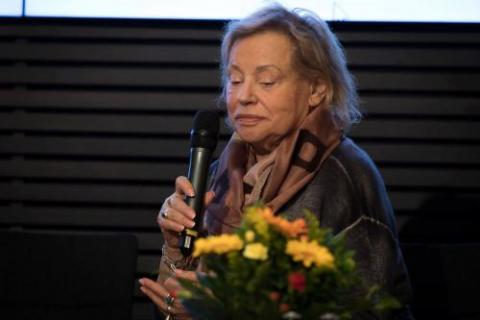
Founder, Moscow School of Civic Education; Officer of the Most Excellent Order of the British Empire; Officer of the French National Order of Merit; Officer of the Medal Bene Merito of the Republic of Poland; Chevalier of the Order of Merit of the Republic of France
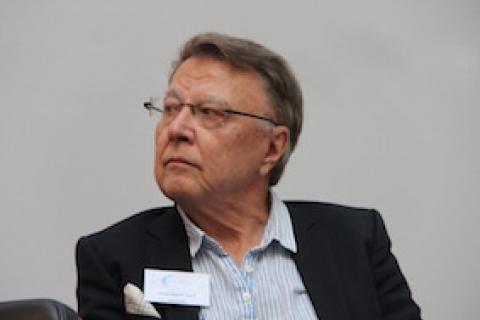
Founder and Director of publishing programs, Moscow School of Civic Education. Worked for the Main Library of Social Sciences, Institute of Philosophy of the Russian Academy of Sciences, Questions of Philosophy magazine, published a series of books under the title From the history of Russian philosophical thought. Editor-in-chief to Obschaya Tetrad quarterly journal.
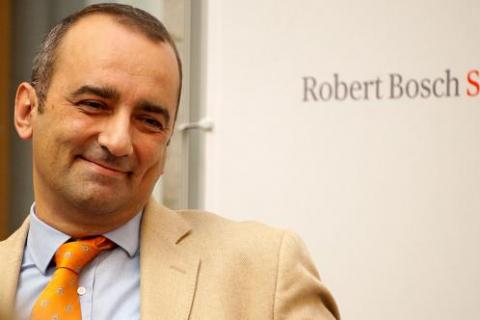
President of the Global Civics Academy, author of the book Global Civics. Responsibilities and Rights in an Interdependent World, Director of the European School of Politics in Istanbul.
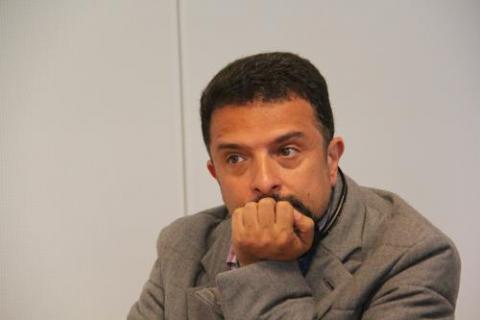
Cultural commentator, Observer; Novelist; Journalist; TV-anchor; Tenured Professor and Member of the Academic Council at the Higher School of Economy in Moscow
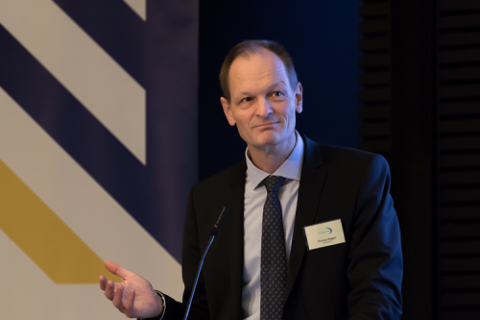
Diplomatic Adviser, Office of the Federal President of Germany
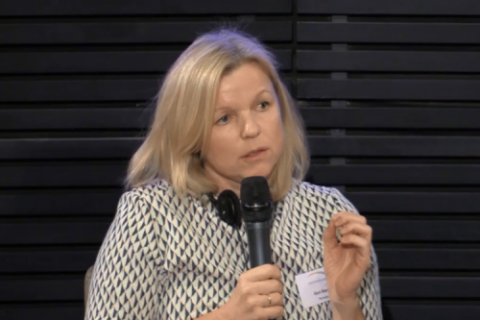
Research Director, Center for International Climate Research (CICERO)
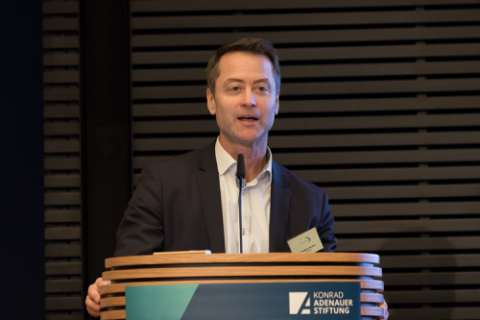
Director, Stockholm Institute of Transition Economics
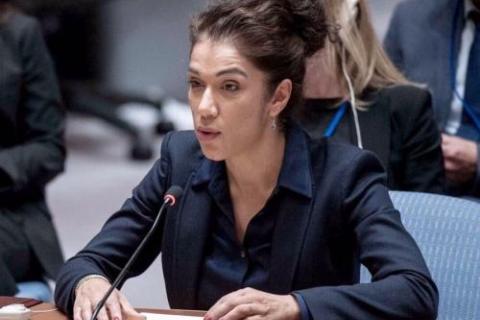
Diplomat; Politician & Academic; Board Member, Human Rights House Foundation; Former Deputy Minister/State Secretary, Office of the Norwegian Foreign Minister and Office of the Prime Minister of Norway
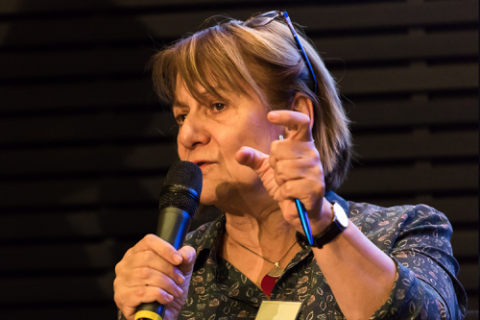
Correspondent, El País
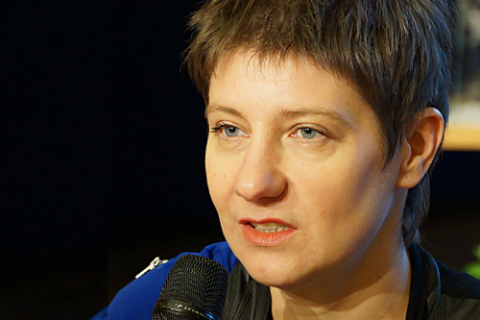
Investigative Journalist, Author, Co-founder and Editor of the Agentura.Ru web site; Author of books (with Andrey Soldatov) New patriot games. How secret services have been changing their skin, PSI Handbook of Global Security and Intelligence: National Approaches, The New Nobility: The Restoration of Russia's Security State and the Enduring Legacy of the KGB, The Red Web: The Struggle Between Russia's Digital Dictators and the New Online Revolutionaries
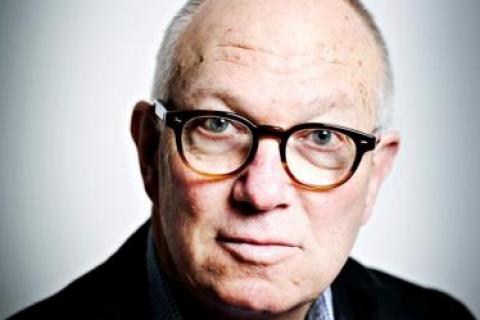
Writer; Editor; Contributor, Project Syndicate
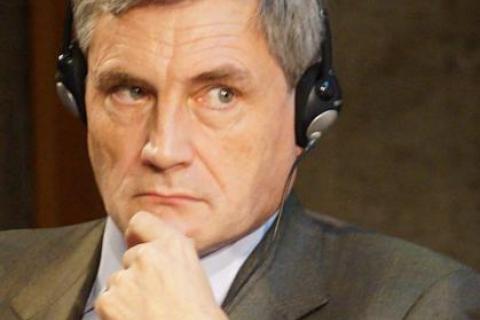
Director, IDEAS Department of International Relations, London School of Economics; Author of books The Future of War: The Re-Enchantment of War in the Twenty-First Century, Humane Warfare, Twilight Of The West, and many others
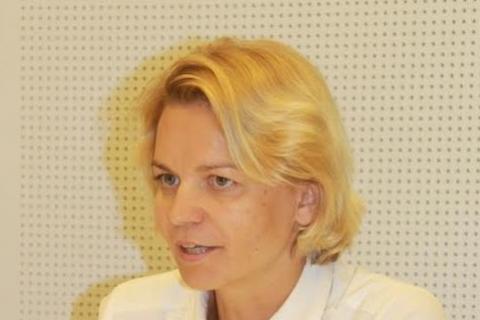
International Consultant & Domestic Political Activist, Expert, OSCE/ODIHR
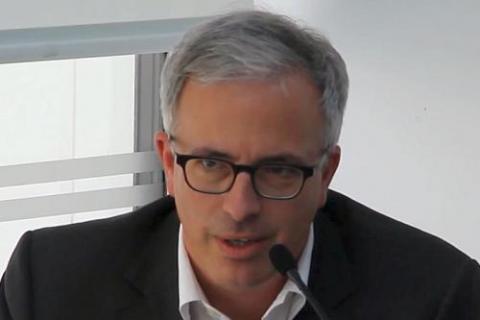
CEO, Berlinpolis Politik fur morgen
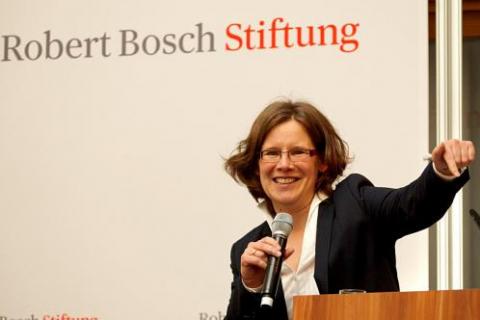
Head of Department of International Relations Europe and its Neighbours, Robert Bosch Stiftung
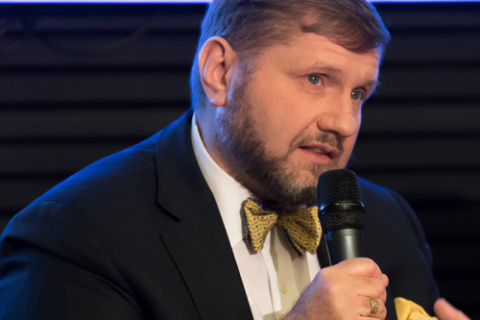
Columnist, Deutsche Welle
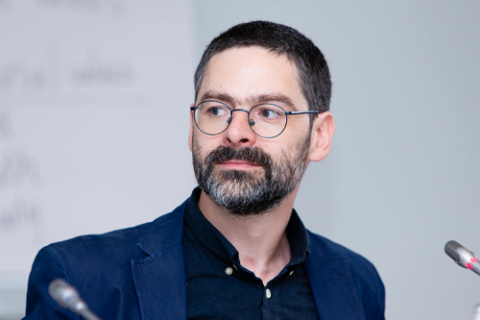
Memorial Culture Researcher
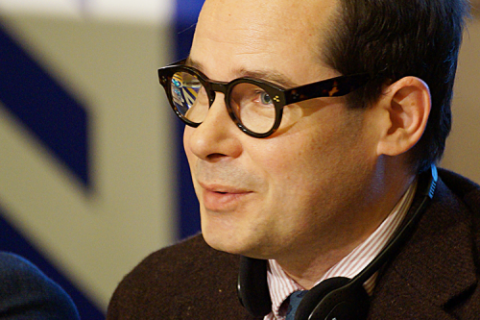
Columnist, Deutsche Welle
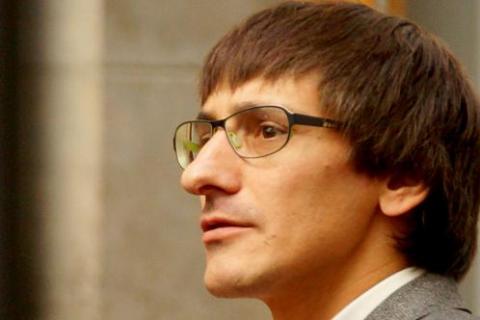
Journalist, Author, Producer, the film The Man Who Was Too Free (2016)
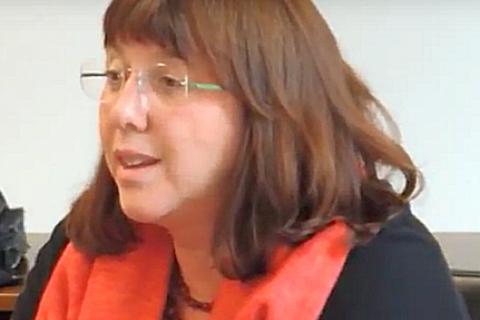
Journalist; Media critic; Researcher, University College London
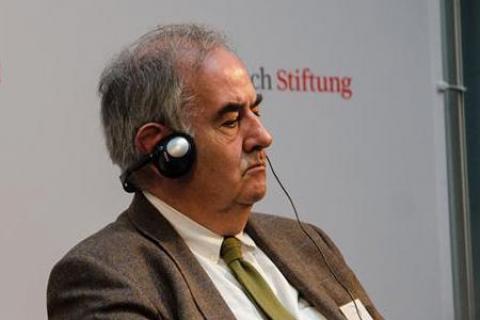
President, Foundation Valsaín, Commissioner for Human Rights of Council of Europe (1999 to 2006)
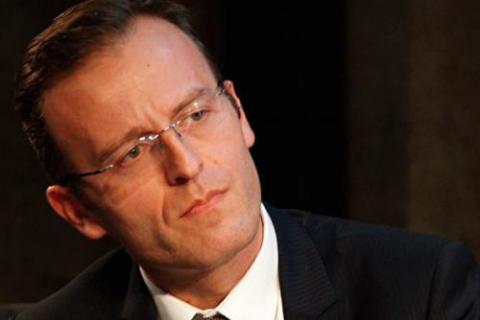
Director, French Institute of International Relations (IFRI)
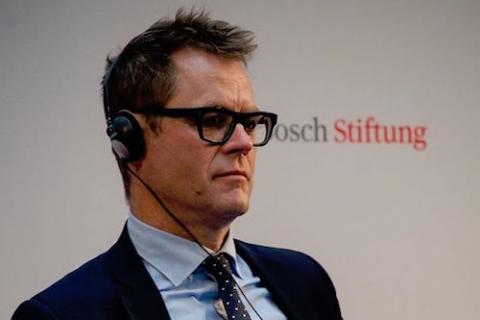
Director of Political Planning, Council of Europe
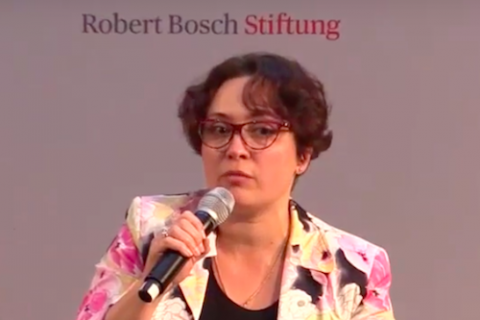
Director and Founder, Institute on Migration Policy
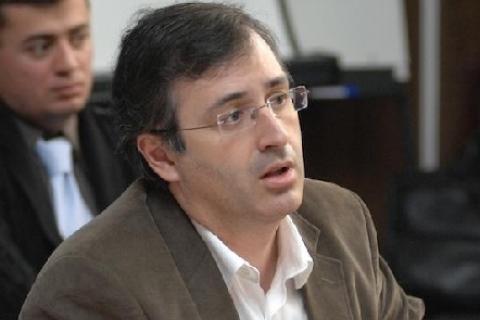
Economist; Professor of Economics, Instituts d’Etudes Politiques (Sciences Po), Paris
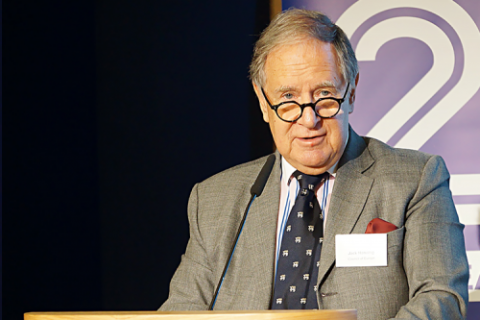
Secretary - General of the European Association of Schools of Political Studies
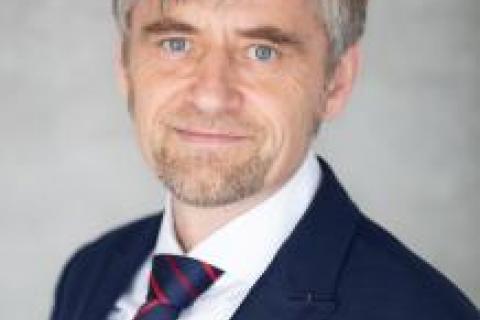
Head of Department Europe/North America of the Konrad Adenauer Foundation
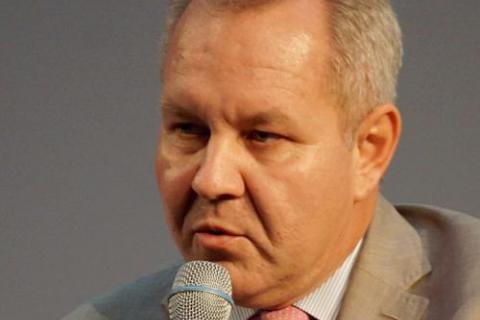
Economist, political writer, director at the Centre for Post-Industrial Studies, author of books The lost decade and many others
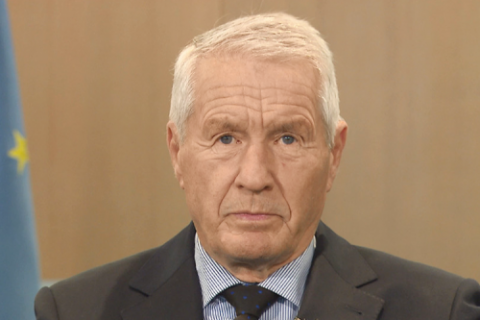
Secretary General, Council of Europe
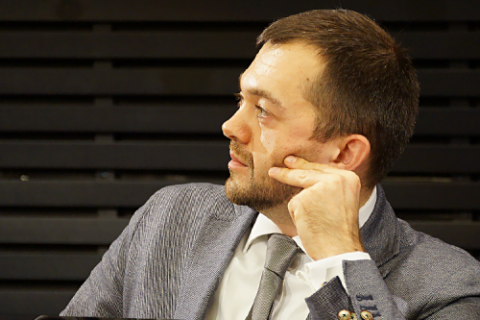
Lecturer, Institute of International Relations and Political Science, Vilnius University
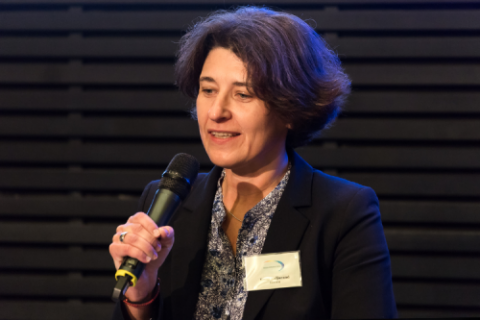
Policy Adviser, Ministry of Foreign Affairs of Estonia
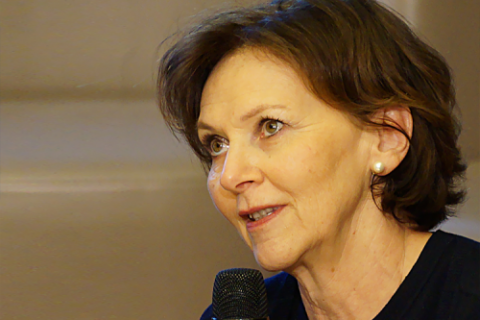
Journalist, Editorial Director, Le Monde
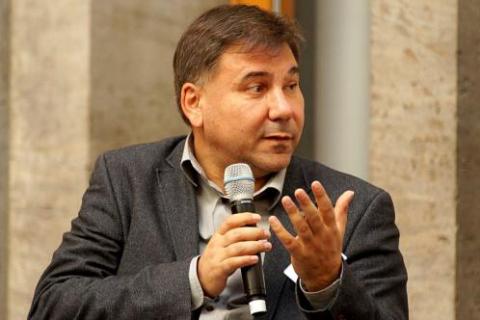
Chairman, Centre for Liberal Strategies, Sofia; Permanent fellow, IWM Institute of Human Sciences, Vienna, Author of books Democracy Disrupted: The Politics of Global Protest, In Mistrust We Trust: Can Democracy Survive When We Don’t Trust Our Leaders?, The Anti-American Century, and many others
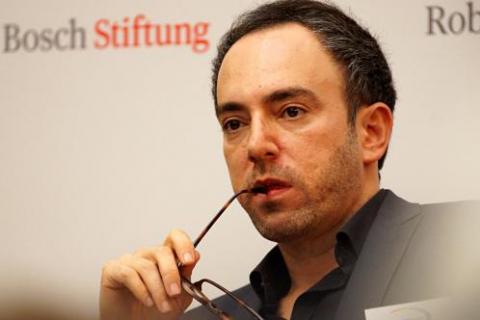
Head of the EU/North America Department, Heinrich Böll Foundation in Berlin
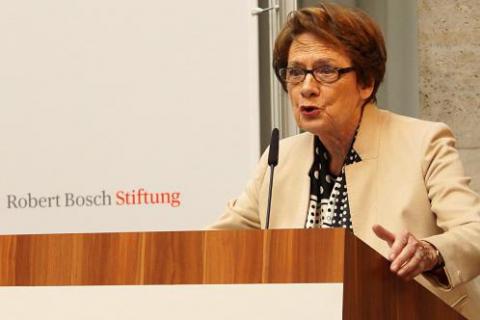
Secretary General, Council of Europe (1989 to 1994); Member, European Parliament (1994–2004); President, Association of the Schools of Political Studies of the Council of Europe
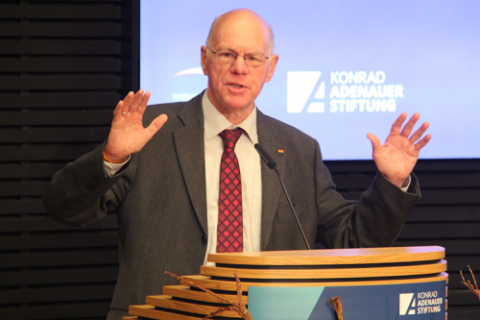
Chairman, Konrad-Adenauer-Stiftung
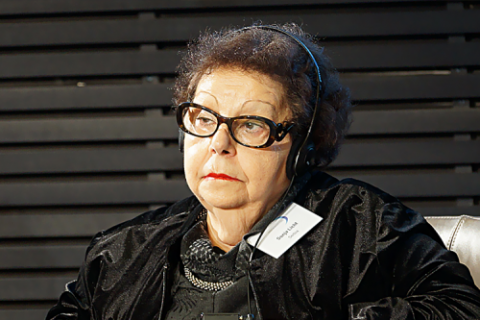
Founder and president, Belgrade Fund for Political Excellence
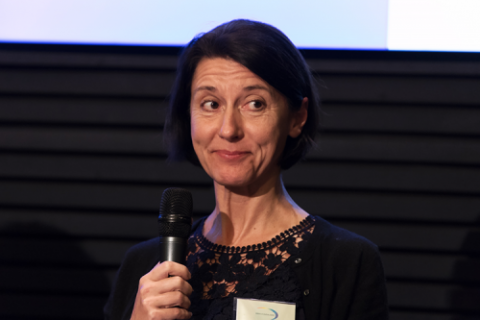
Senior Policy Fellow, European Council on Foreign Relations
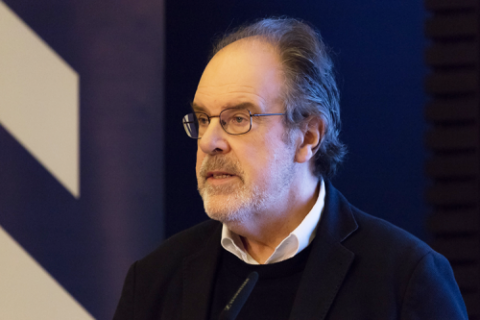
Contributing Editor, The Financial Times
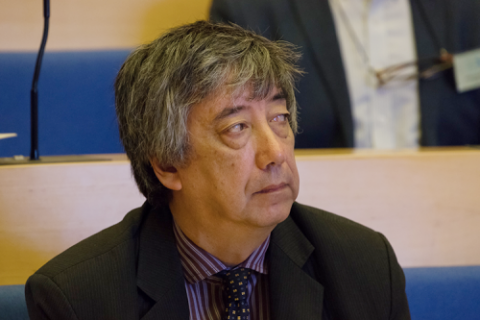
Independent analyst, Associate Fellow with IFRI, Non-Resident Fellow with the Lowy Institute
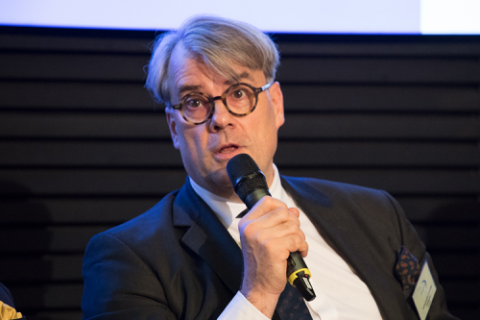
Department for European Security Policy, Ministry for Foreign Affairs
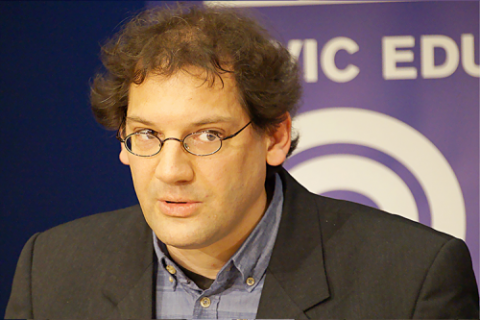
Director, German-Russian Exchange
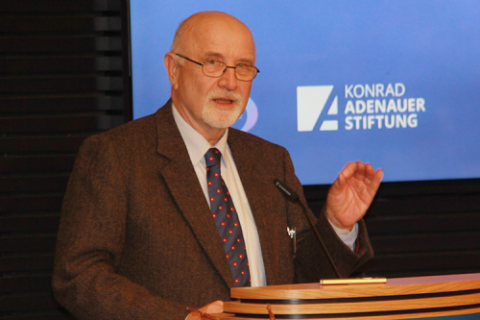
Political Advisor to Chancellor Helmut Kohl (1987 - 1998), Author of books In Search of Germany, German Questions – European Answers, and others
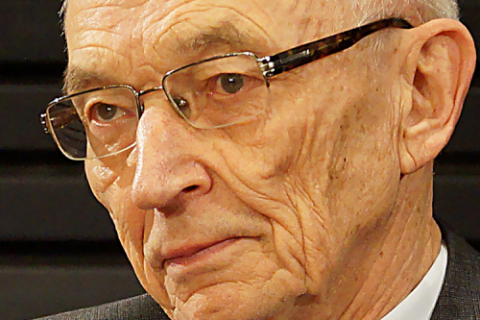
President, European Humanities University
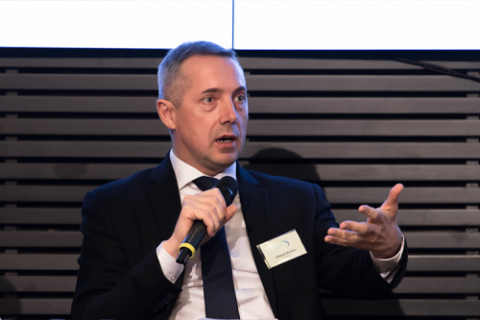
Senior Fellow, Kennan Institute; Editor-in-Chief, Kennan Focus Ukraine ; Editor-in-Chief, Ideology and Politics Journal; Editor-in-Chief , Koine
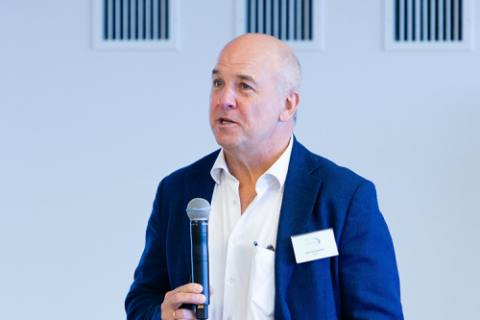
Human Rights Activist, Political Scientist, Commissioner for Human Rights at the Council of Europe (2012–2018); President, Association of the Schools of Political Studies of the Council of Europe
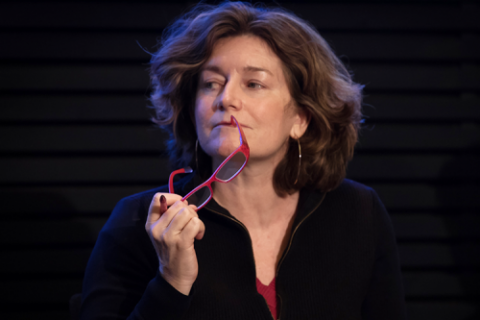
Editorial Board Member and Columnist, The Guardian
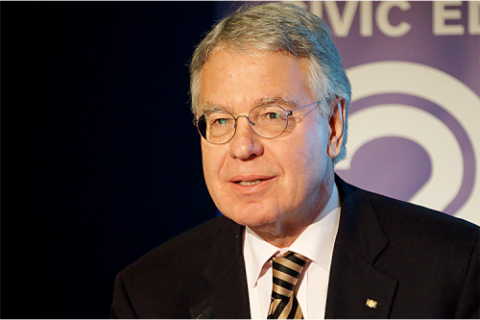
Head of the East Office of Finnish Industries; Ambassador of Finland to Russia (2000–2004)
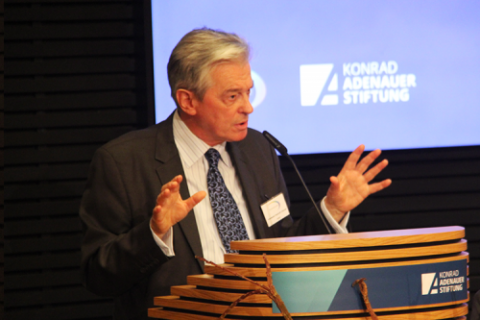
Life Member, Institute of International and European Affairs; former SMOM (Sovereign Military Order of Malta) Ambassador and UN Representative (ret.)
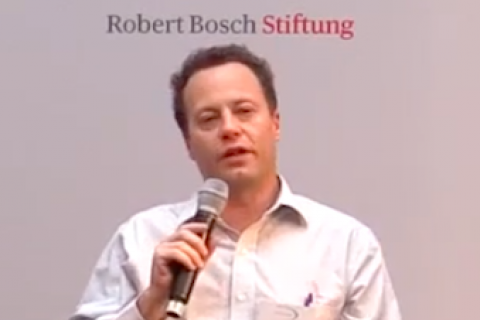
Head, Energy Programme, Norwegian Institute of International Affairs (NUPI); Research Professor, University of Nordland
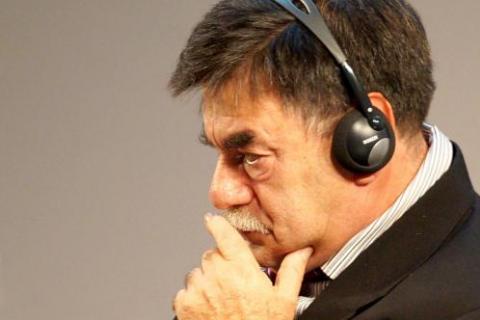
Director general, Center of Ethno-Political and Regional Research
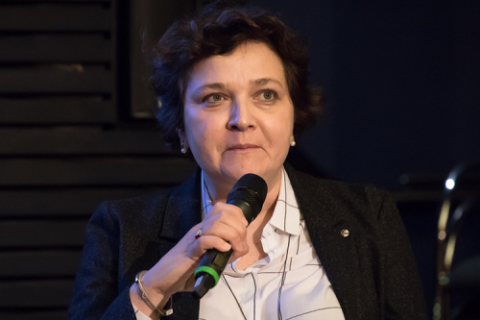
Chairperson, Centre for Anti-Corruption Research and Initiative Transparency International, the Russian chapter of Transparency International; Director, Transparency International
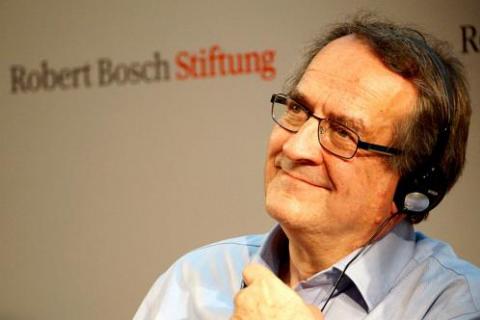
Long time editor and correspondent at The Financial Times, Mercator Senior Fellow, Europe Programme, Chatham House
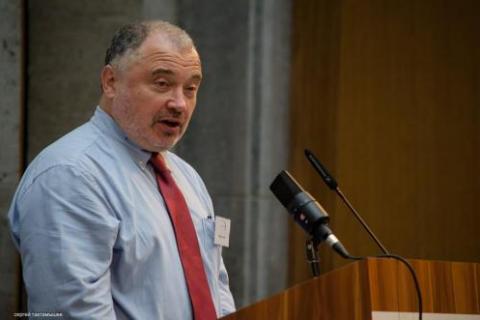
Political Analyst; Director, Centre for Political and Geographical Studies; Co-author of books Russia in 2020: Scenarios for the Future, Between Dictatorship and Democracy: Russian Post-Communist Political Reform, The State of Russia: What Comes Next?
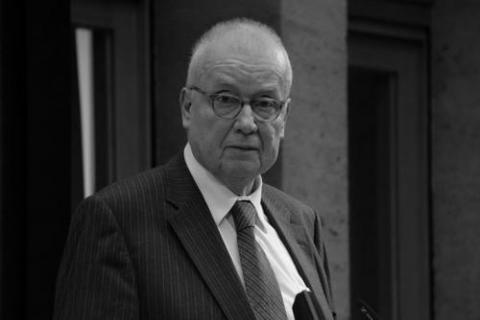
Member of German Bundestag; Chairman of the Committee on Foreign Affairs (2005 to 2013)
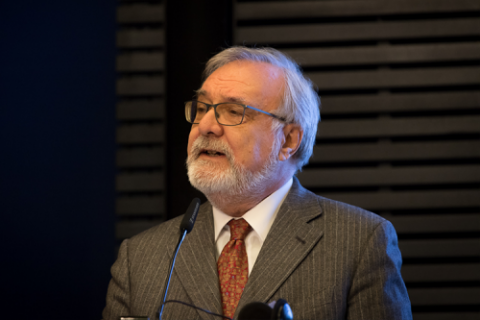
Author, Vatican Analyst
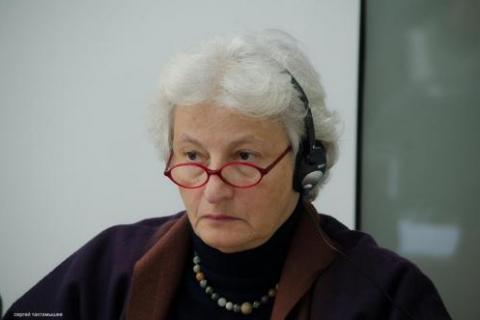
Historian, writer, author of the book Between two worlds
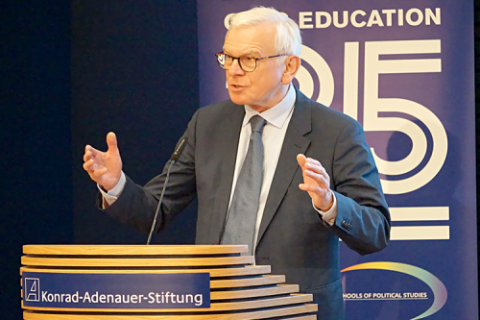
President, European Parliament (2007– 2009), Chairman, Konrad-Adenauer-Stiftung
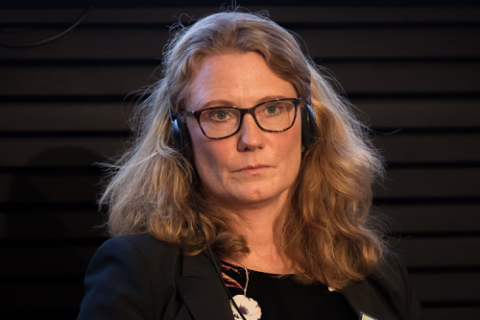
Research Professor, Norwegian Institute of International Affairs
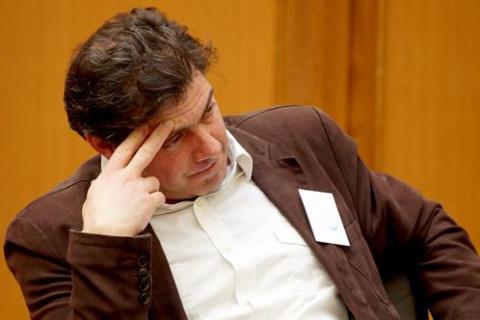
Political Analyst Scientist; Academic Secretary, Member of the Editorial Committee, The New Model of Economic Growth Group; Columnist at Vedomisti daily business newspaper, Novaya Gazeta, RBC, Suddeutsche Zeitung and The Financial Times
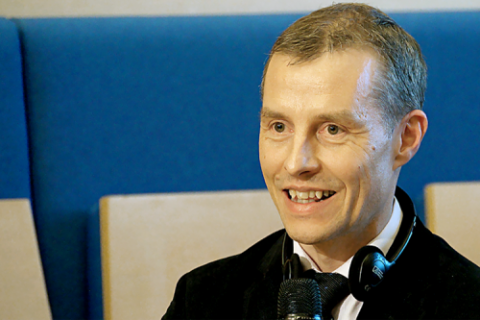
Associate Professor, Stockholm School of Economics
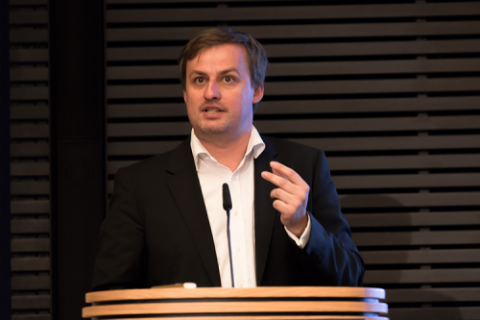
Executive Vice President, Development and Business Administration; Faculty Member, the Stockholm School of Economics in Riga
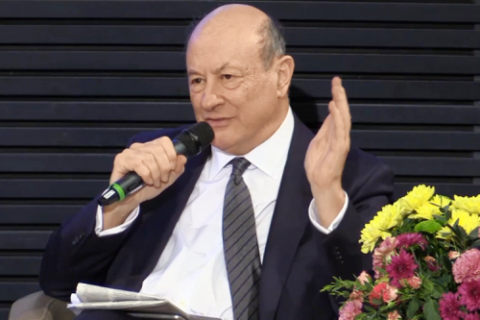
Economist, Politician, Academic, Former Minister of Finance and Deputy Prime Minister of the Republic of Poland
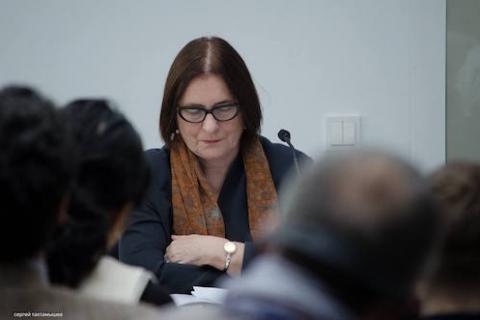
Head of the Educational Programs of the International Society Memorial
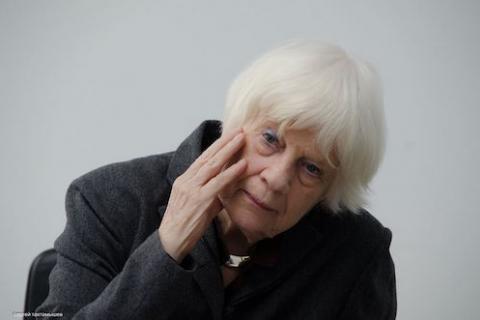
Historian, author, professor of Russian History at the Ecole des Hautes Etudes en Sciences Sociales
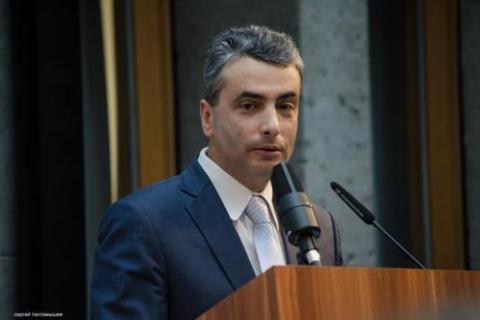
Chairman of the Pskov regional branch, Member of the Federal Political Committee of the Political Party Yabloko; Deputy, Pskov Regional Assembly; Human Rights Activist
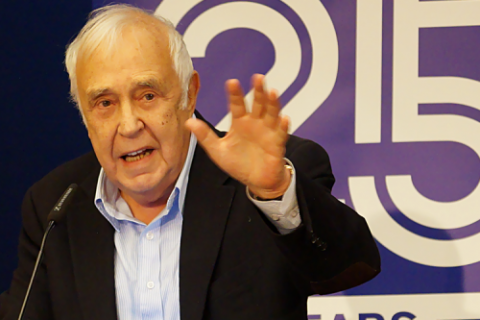
MP; Emeritus Professor of Political Economy at the University of Warwick; Author of the Biography of John Maynard Keynes; Member of the British Academy
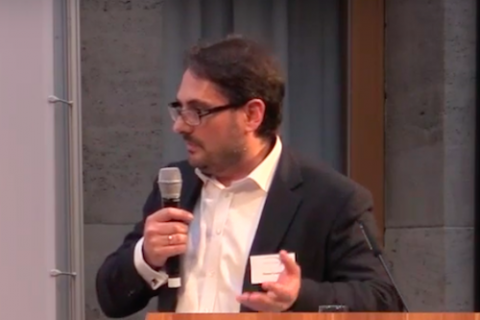
Programme Director, Centre for Liberal Strategies, Sofia
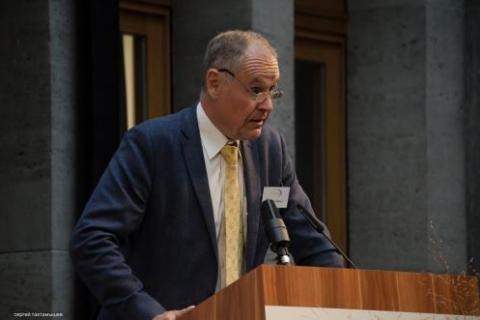
Chairman, Swedish Institute for Foreign Policy; Member, Royal Swedish Academy of Sciences; Executive director, Nobel Foundation (1992 to 2011)
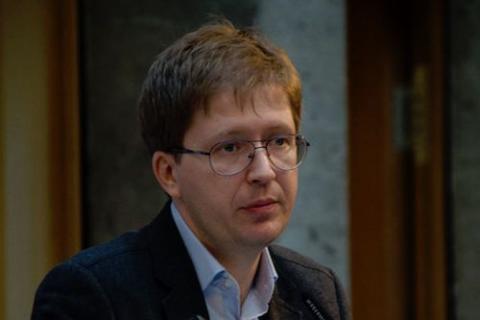
Investigative Journalist; Russian Secret Service Expert; Co-Founder and Editor of the Agentura.Ru web site; Author of books (with Irina Borogan) New patriot games. How secret services have been changing their skin, PSI Handbook of Global Security and Intelligence: National Approaches, The New Nobility: The Restoration of Russia's Security State and the Enduring Legacy of the KGB, The Red Web: The Struggle Between Russia's Digital Dictators and the New Online Revolutionaries
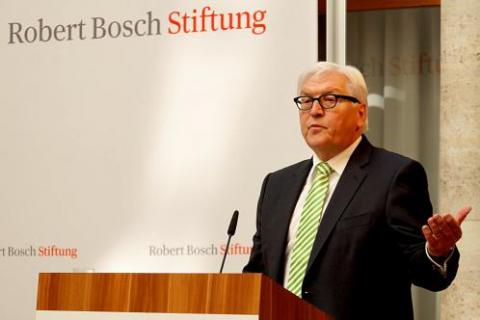
Minister for Foreign Affairs
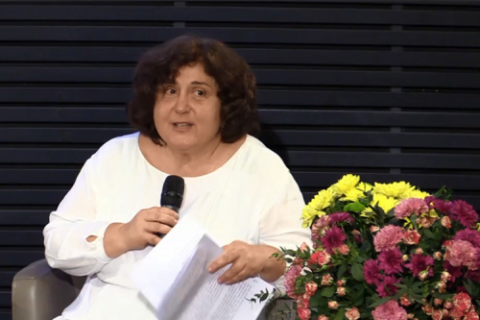
Director, Civic School of Political Studies, Tessaloniki
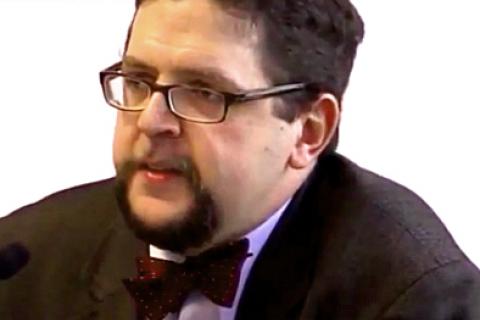
Associate Professor, Section of European Integration, Institute of international relations, University of Warsaw
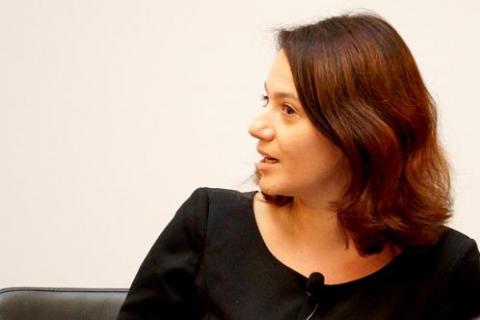
Editor–in–Chief, Wonderzine
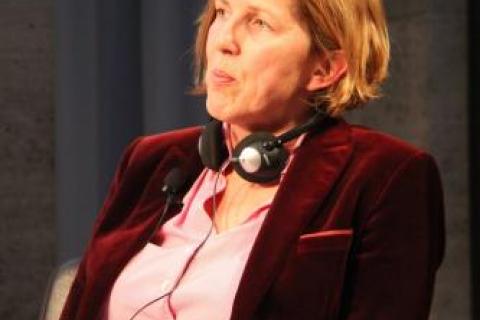
Editor in chief, Internationale Politik
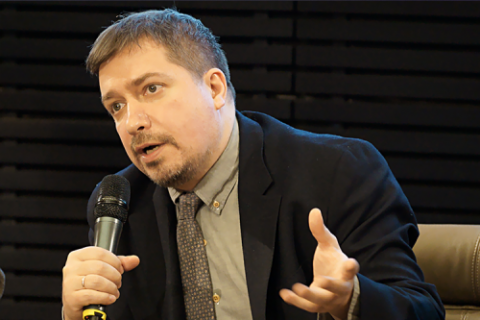
Author and Chief Editor, The Russia File, Kennan Institute; Columnist, The New York Times
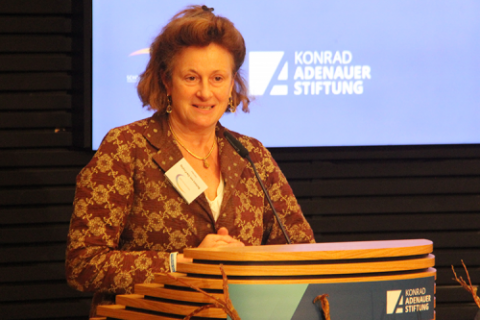
Advisor on International Relations, Advocacy and Media, Prague Civil Society Centre
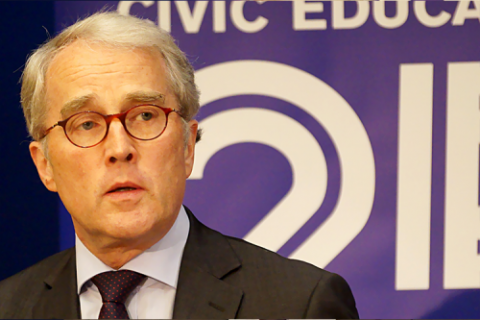
Ambassador of Germany to the Russian Federation
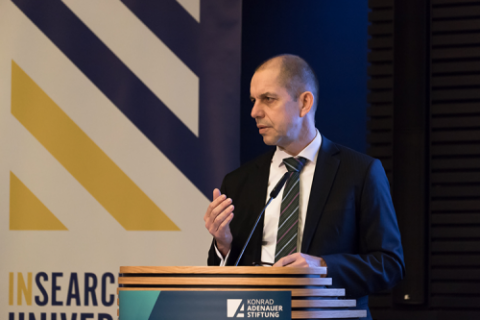
Deputy Secretary-General and Head, the European and International Cooperation Department of the Konrad Adenauer Foundation
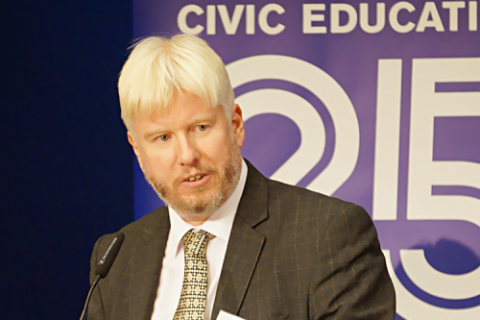
Program Director, Head of the International Politics Master’s Program, The Moscow School of Social and Economic Studies
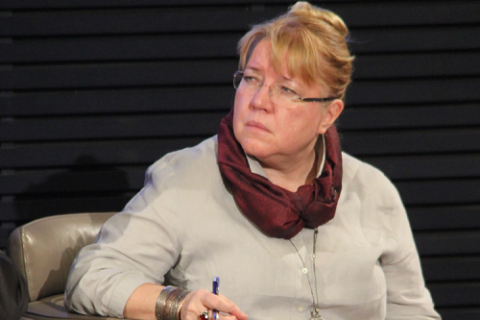
Executive Director, Memorial human rights and humanitarian society
Riina Kaljurand, Sylvie Kauffmann, Pilar Bonet, Natalie Nougayrède,
Kadri Liik
Moderator: Bobo Lo
Torbjörn Becker, Fredrik Erixon, Yuri Romanenkov
Moderator: Mikhail Fishman
Bobo Lo, Mikhail Minakov, Vytis Jurkonis, Michael Sohlman,
Pernille Rieker
Moderator: Mikhail Fishman
Yury Senokosov, Marco Politi
Jack Hanning, Lena Nemirovskaya
PRESS AREA
Par: Sylvie Kauffmann|LE MONDE | 31.10.2015 à 10h58 • Mis à jour le 31.10.2015 à 10h59
It is no longer the East versus the West. It is no longer the North versus the South. The cleavage, which fractures Europe today, contraposes universalism and self-isolation. History, the end of which American political scientist Francis Fukuyama, inebriated by the end of the Cold War, announced some twenty years ago, has since then restarted. Universalism is again in danger: the Russians tell you that — and they know full well what they are talking about.
To communicate this message to their European friends these particular Russians had to leave their country. The Germans – them again ! – have extended them welcome. It is the Russians, in a sudden turn of events, who are imploring the West not to give up on the heritage of the Enlightenment.
This episode, so revealing of a somewhat disoriented Europe, has unfolded this week in Berlin, at the premises of Robert Bosch Foundation. In the spirit of philanthropy and political non-engagement the Foundation hosted, for two days, a seminar of the Moscow School of Civic Education. Why Berlin and not Moscow? To understand this one has to retrace the time to 1992, to the kitchen of a Moscow apartment.
In Russia many ideas were born exactly in these small rooms where people tried to evade the omnipresent state by gathering around a kitchen table and debating without end. Towards the end of the Soviet era the kitchen of well-established Moscow intellectuals Lena Nemirovskaya and Yuri Senokossov swarmed with people. Today Lena, an art historian, and her husband Yuri, who is a philosopher, lament that the new Russian elites are utterly devoid of democratic culture. While the Russian state, heir to the USSR, is ill-suited to disseminate it.
Thus developed the idea of an NGO whose purpose it was to organize seminars in the interest of young decision makers, to familiarize them with the basics of a liberal society. Or, to offer « enlightened civic education to the civil society », said Lena Nemirovskaya. Moscow School of Political Studies saw the light of day in 1993, under President Yeltsin. To date some 20 000 young professionals from Russia's regions have passed through its seminars.
FOREIGN AGENTS
Financing arrived from those who believed in the usefulness of the mission: the indispensable George Soros, the oligarch Mikhail Khodorkovski (before he was thrown into prison), then the Council of Europe, of which Russia at the time was not yet a member. Many European governments have also shown generosity to the project. It ended in 2012, when President Putin demanded that all NGOs receiving financing from abroad be registered as « foreign agents ». In December of 2014 the School of Political Studies, renamed by the time into the Moscow School of Civic Education, fell into the list of « foreign agents ».
Operating in Russia under such conditions became rather difficult; most foreign NGOs have folded. However the Moscow School served as a model; starting from 2005, under the guidance of the Council of Europe a network of some twenty kindred Schools of political studies has emerged, from Belarus in the North to Tunisia in the South.
Lena Nemirovskaya resolved to stay firm in her mission of civic education of the Russians. And so with the aid of the Council of Europe, and institutions like the Bosch Foundation, the Institute of Humanities of Vienna or the Norwegian Institute of International Affairs the school has continued with its assemblies abroad. In Tbilisi, in Berlin, in Oxford... The students, necessarily, are less numerous. But the school still keeps up the flame.
DEMONS OF THE 20th CENTURY
The paradox today is that this flame may also weaken outside of the post-Soviet space: it wavers exactly in those liberal democracies, which inspired the Moscow School twenty years ago. Thus the ideas of Enlightenment acquire sudden urgency. In Berlin all participants without exception, from East and West, North and South expressed the same concern.
Frank-Walter Steinmeier, the German foreign minister who walked from his neighbourhood office to open the conference, talked of optimism, albeit in the past tense: the optimism « we were full of » twenty years ago, which has survived « the horror of the Balkan wars », but is no longer the order of the day. « Today the European order is put in question », the chief of German diplomacy expressed his concern. « More than a political crisis, annexation of the Crimea is a violation of international law and dangerous precedent. »
Catherine Lalumière, former Secretary General of the Council of Europe posited the retreat of « the humanist philosophy » in the face of « gradual, surreptitious emergence of a different political philosophy ». The spirit of openness, which lay basis for the European project, is menaced by « the spirit of secretiveness, isolationism, egotism and absence of solidarity ».
A Russian participant expressed the idea that the standoff is no longer between two systems of values, but « between a system of values and absence of values ». It is between politicians who accept the rules and those who reject the rules, whichever the country. Another participant said he did not understand how the EU, a community of 500 million people, could possibly fail to accomodate 1 million refugees. A French public figure seemed to echo this in two days, expressing an anxiety for Europe, where « Germany that wished, in an act of generosity, to wash off the XXth century is trapped again by the demons of the XXth century ».
« I do not believe the world is as gloomy as you describe, mused ironically Solomon Guinzbourg, a local Russian MP: I think it is far worse. » It is a world that menaces « to put us back into our kitchens, thirty years later », added a Ukrainian university professor, Mikhail Minakov.
SYLVIE KAUFFMANN
Journaliste au Monde
Por: Pilar Bonet | 05.11.2015
La Escuela de Estudios Políticos de Moscú (EEPM) ha comenzado una nueva etapa en Berlín.
Fundada en 1992 por la historiadora de arte Lena Nemiróvskaya, y su esposo, el filósofo Yuri Senokósov, la escuela fue una ampliación de la cocina de la pareja, escenario de animados debates entre interlocutores de muy diversas culturas y procedencias. La fórmula de la EEPM ha sido adoptada por 21 instituciones que integran la Asociación de Escuelas de Estudios Políticos del Consejo de Europa. Hay escuelas en Ucrania, Bielorrusia, Grecia, Serbia, Croacia, Turquía e incluso Marruecos y Túnez, entre otros países, pero las fisuras crecientes en la gran Europa amenazan los vínculos entre ellas. De ahí que "la búsqueda del universalismo perdido" (como oposición a los retornos a las tribus) fuera el lema el seminario celebrado en Berlín el 28 y el 29 de octubre en la sede de la fundación Robert Bosch con la participación de más de 160 personas procedentes de Rusia y de otros países europeos.
Desde 1992 la EEPM ha promovido la sociedad civil y el espíritu crítico, y ha sido un foro de diálogo entre políticos e intelectuales extranjeros y rusos. Por los seminarios que se celebraban Rusia y en el extranjero han pasado centenares de jóvenes de los Estados de la ex URSS, muchos de los cuales llegaron a puestos de gran responsabilidad.
Financiada sobre todo por becas occidentales y filántropos como George Soros, la escuela fue obligada a identificarse "agente extranjero" de acuerdo con la nueva legislación para Organizaciones no Gubernamentales aprobada en 2012. La etiqueta "agente extranjero", que evoca el vocabulario de la época estalinista, es asociada con espionaje o actividades hostiles por el ciudadano de a pie en Rusia. Atendiendo a las recomendaciones disuasivas de los servicios de seguridad, las élites de provincias, que antes acogían con curiosidad e interés a la EEPM, pasaron a temer el contacto con la escuela y con sus expertos internacionales, a menudo reconocidas autoridades académicas, como por ejemplo Robert Skydelsky el biógrafo de Jon Manard Keynes.
Sin empresarios rusos que se atrevan a financiarla y reacia a aceptar la etiqueta de "agente extranjero", la EEPM clausuró en diciembre de 2014 sus actividades en Rusia, pero mantiene sus seminarios en el extranjero. El desafío con el que se enfrenta hoy es el de constituirse en uno de los pilares de esa necesaria "red de seguridad" cuya misión es asegurar el flujo de contactos e ideas en el interior de la gran Europa, ahora que ésta se ve sacudida por diversas crisis, que en conjunto abocan a una gran crisis global. En la UE, el rechazo a los refugiados crea un conflicto entre los intereses y los valores proclamados por el Consejo de Europa. En Rusia, los dirigentes justifican el autoritarismo y la trasgresión de las reglas con construcciones artificiales y arcaicas. La amenaza en ambas partes es el "otro", lo que en Rusia significa las ideas que socavan el orden político y, en la UE, los emigrantes que socavan el orden económico y social.
"El encuentro es muy oportuno" porque "el mundo está atravesando una época de gran turbulencia y naciones enteras al igual que individuos están a menudo desorientados e incluso Europa parece estar perdiendo sus puntos de referencia, sus valores", dijo en Berlín Catherine Lalumière, ex secretaria general del Consejo de Europa y presidenta de la Asociación de Escuelas de Estudios Políticos. Según Lalumière, el concepto de derechos humanos se ve torpedeado por el autoritarismo, el materialismo y el ultra nacionalismo, pese a ser un valor protegido por la ley e incorporado en las instituciones creadas después de la Segunda Guerra Mundial.
En su intervención, el Ministro de Exteriores de Alemania, Frank-Walter Steinmeier, comparó la situación actual con la época en la que fue fundada la EEPM, tras la caída del muro de Berlín y el fin de la Guerra Fría, cuando imperaba el optimismo sobre una Europa unida y libre pese a la guerra de los Balcanes. Quiso el ministro marcar un corte entre un antes y un después. "La "anexión de Crimea fue más que una crisis política, fue una trasgresión de la ley internacional y un precedente", dijo el jefe de la diplomacia alemana, quien, acto seguido, invitó a ir "más allá del monólogo recriminatorio" para poner las bases "que ayudarán a los políticos a negociar soluciones".
El politólogo búlgaro Iván Krastev llamó la atención sobre el cambio de perspectiva, desde la época en que la apertura y los contactos se vivían como positivos y el problema era como formalizar la globalización, y la actualidad, cuando el problema es cómo manejar la reacción negativa a la globalización. Los modelos cosmopolitas son percibidos como amenaza y no como oportunidad, señaló. Por su parte, Sonja Licht, de Serbia, dijo que la desigualdad en el mundo es mayor que nunca como resultado de las prácticas neoliberales que marginan los valores como la solidaridad. Las instituciones y los Estados carecen de estrategias sobre temas como los refugiados y el cambio climático, por lo cual la única respuesta es involucrar a los ciudadanos en una idea global de la ciudadanía, afirmó Licht. El problema, reconoció, es como pasar del "ciudadano ilustrado" a la "acción mediante la política".
A diferencia del Estado soviético, Rusia no se ofrece al mundo como un modelo alternativo, sino que entiende el poder de gran potencia como un poder "para transgredir las normas", afirmó Mijaíl Fishman, comentarista del canal de televisión ruso Dozhd. El líder ruso Vladímir Putin aspira a formar parte de una "troika de los transgresores de normas" junto con EEUU y China, opinó Bobo Lo, de Chatham House, en Londres. Según Lo, Putin está decidido a promover los intereses rusos por todos los medios y donde quiera que sea necesario. El escritor Alexandr Arjángelski quiso distinguir entre la Rusia política, que recurre al pasado para afirmarse, y la cultura rusa, que es europea y que está viva al margen del Estado, también en otros países de Europa. Mijaíl Minakov, de la Academia Kiev-Mogiliansk de Ucrania, insistió en que sólo la verdad permite luchar contra la propaganda, a lo que el politólogo ruso Andréi Kolésnikov, contestó que únicamente un lector muy preparado puede "encontrar la verdad en el ruido informativo". Nikolái Petrov, experto en regiones de la Escuela Superior de Economía de Moscú, abogó por la estrategia de las "pequeñas cosas" para construir una carcasa de sociedad civil.
El foro de Berlín fue una apuesta por la apertura y la educación para la ciudadanía. "Ha sido una iniciativa para lanzar un debate sobre el futuro, para repensar donde estamos y no solo lamentar la universalidad perdida", dijo Licht. Mientras los intelectuales debatían entre ellos en la capital alemana, en el continente continuaba la construcción de nuevos muros y a las barreras físicas se les unían nuevas fragmentaciones, la última el cese de las comunicaciones aéreas entre Ucrania y Rusia, una medida que multiplica la duración de trayecto entre los dos vecinos, pero sobre todo la distancia psicológica entre ellos.